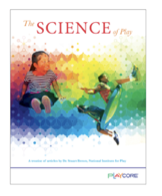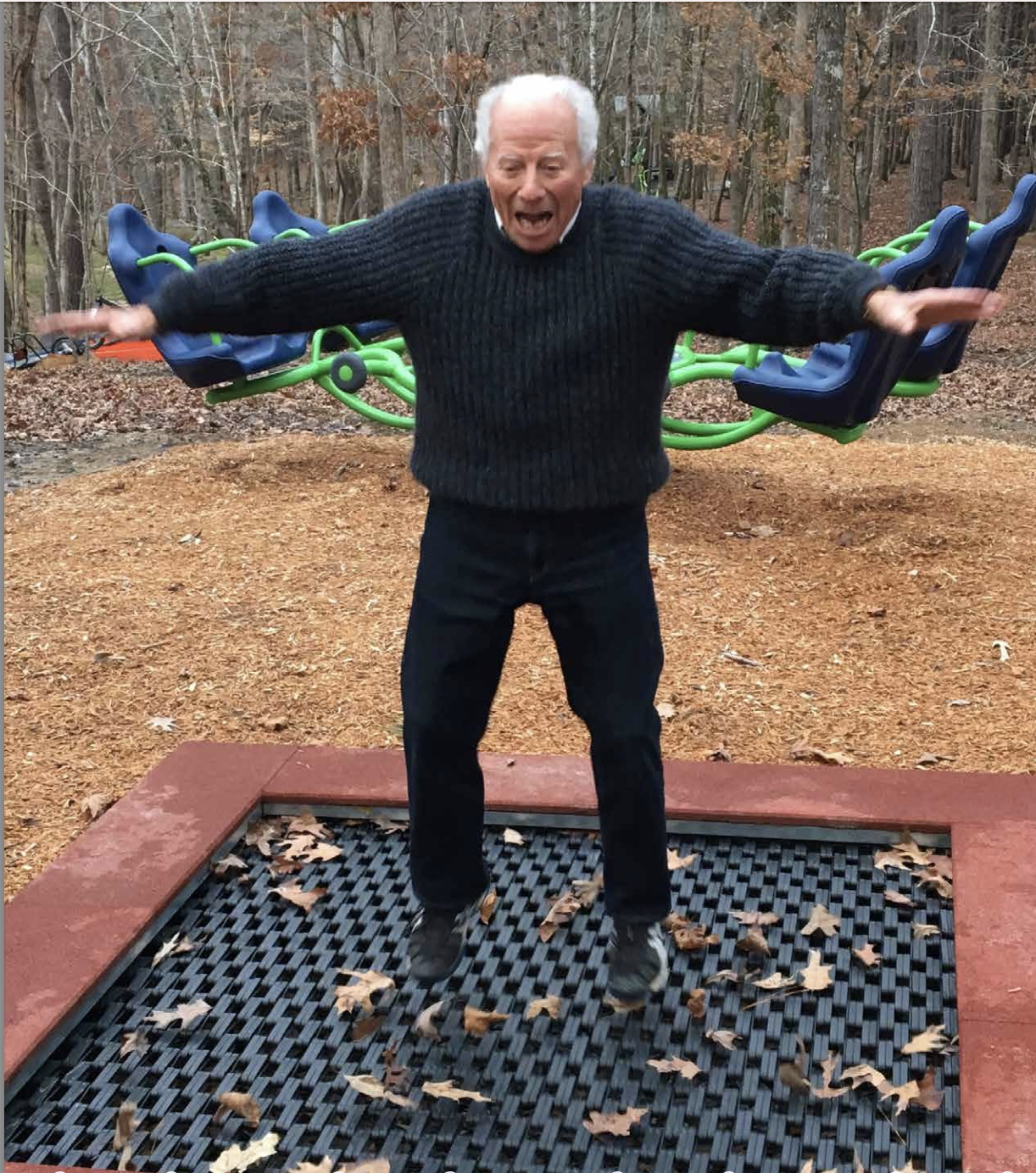The Profound Significance of Play: a key to human development. PLAY IS MORE THAN JUST FUN
A synthesis from a Ted Talk with Stuart Brown, M.D, Play Is More Than Just Fun and from his recent blogs found on Playcore.com. A copy of Dr. Stuart Brown’s book, a treatise of articles The Science of Play, can be downloaded for free from Playcore.com.

Play has emerged as a vital aspect of human development. Its significance extends far beyond childhood, playing a critical role in shaping for a content and fulfilled life and recognized as a necessity for individuals of all ages. Beyond the realms of joy and entertainment, play serves as a catalyst for communal cooperation, fostering a sense of belonging within a community, whether that is within a class, a school, a club, an afterschool activity, or a social group, as it impacts trust, empathy, resilience, adaptability, innovation, and creativity. It is also a crucial tool for problem-solving.
However, play deprivation, or the absence of play, particularly during critical developmental years, can hinder harmonious social interactions with repercussions that reach beyond the immediate context. Dr. Brown’s research draws connections between play deprivation and serious criminal behavior, notably evident in the lives of incarcerated individuals. Safe rough and tumble play in the formative early years emerge as an important contributor to social learning and empathy awareness, mitigating harmful aggressive behavior later in life.
What is play? Play are experiences that are voluntary, fun, improvisational, and impart a desire to continue doing once initiated. Play is engaging and may take the player out of the sense of time. A good definition of play is thinking «outside the box».
In the words of George Bernard Shaw, “We don’t stop playing because we grow old; we grow old because we stop playing.”\
Why play?
Play is not merely a pastime. It is a pragmatic and vital force. It aids in navigating personal and social changes, equips us with adaptive capabilities and a willingness to embrace the unexpected. While the patterns of play evolve with age, the instinct to play persists throughout life.
Adult play differs from that of child’s play; yet, it is important for adults just as it is for children. There are genres of adult play, ways grown-ups expend energy in ways that are enjoyable and fun. Among its many benefits, adult play can boost creativity, sharpen a sense of humor, and help one better cope with stress. Whether through dancing, sports, hobbies, or recreational activities, play remains a potent antidote to depression. Play could be simply goofing off with friends, sharing jokes, throwing a frisbee on the beach, playing fetch with a dog, or going for a bicycle ride with another person, with no destination in mind. There doesn’t need to be any point to the activity beyond having fun and enjoyment.
Regular engagement in play enhances empathy, curiosity, and stabilizes our emotional moods.
Learning is most effective when accompanied by a sense of playfulness; learning a new task is easier when it comes across as fun, and in a relaxed and playful mood. Play can stimulate the imagination, assisting with problem-solving. This playful imagination is what animates the creative sessions within corporations.
Researchers are now comparing our brain design with that of animals and are coming up with fresh insights and increased appreciation for its importance in our lives. Animals and humans share playfulness. We like to chase, climb, play games, collect treasures, and so do many playful animals. Play serves a wide variety of survival functions in the animal world; this understanding is important.
Parents aspire to provide the best for their children. However, the intense parental concerns and anxieties for physical safety and academic or sport success can easily give rise to overprotectiveness and overly detailed management of a child’s need for free, self-directed play. A busy week schedule for the children, programmed by well-meaning parents and caregivers, leaves little time for children organized, children dominated, spontaneous play. Many activities that take place outside of school time are organized and overseen by adults. Even many of today’s toys are pre-programmed. Add to the mix the excessive screen content for many. Something very significant is lost when we take away time to “just be a kid” and allow the children to organize on their own their play.
Play’s relationship to creativity and innovation is that these require thinking outside the box, which is play.
Play in Problem Solving and Creativity? In the realm of problem-solving and creativity, play takes on diverse forms from children experiment with drawing, putting or fitting pieces of equipment together, building things, activities that shape problem-solving abilities. In the blog, Tinkering and its Relationship with Problem Solving, Dr. Stuart Brown highlights the importance of hand-brain activities, stating that those who play taking apart equipment and create new, those who tinker, grow up to envision solutions more readily than those who do not. This engagement in hands-on activities fosters the acquisition of practical skills and stimulates brain circuits, enhancing problem-solving abilities, creativity, and adaptability as one matures.
Dr. Brown urges the integration of play and nature into our lives, suggesting that their combined benefits exceed what each offers individually. From childhood to adulthood, play shapes our cognitive, emotional, and social well-being. The importance of play, embracing it across the lifespan, is a fundamental necessity for human thriving, not a luxury.
A synthesis from Ted Talk, Play Is More Than Just Fun and blogs from Playcore.com Dr. Stuart Brown, Founder, National Institute for Play visit https://www.playcore.com/drstuartbrown or request Science of Play a treatise of articles by Dr. Brown.
Marcia Banks, contributor to LePôle

